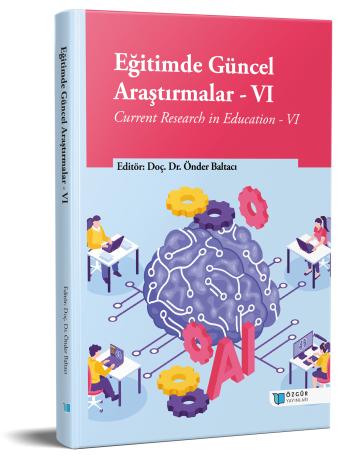
Mathematical and Spatial Intelligence in Turkish Teaching
Şu kitabın bölümü:
Baltacı,
Ö.
(ed.)
2023.
Eğitimde Güncel Araştırmalar - VI.
Özet
Individual differences need to be taken into account in today's educational environment to meet curriculum goals effectively. Students who receive instruction in different settings have unique characteristics that necessitate applying various strategies and tactics. The dominating intelligence kinds among students are the most significant of these individual variances. Recent theories—most notably Howard Gardner's "Multiple Intelligence Theory"—have made it clear that intelligence is not best described as a single dimension. Consequently, many forms of intelligence were brought up. Language intelligence, mathematical intelligence, spatial intelligence, musical intelligence, kinesthetic intelligence, social intelligence, intrapersonal intelligence, and natural intelligence are the eight categories of intelligence that Gardner listed in his theory. Among these several levels of intelligence, the study focuses on mathematical and spatial intelligence types. Like with all other intelligence domains, mathematical and spatial intelligence regions benefit greatly from instructional activities as well as the application of various strategies and tactics. First and foremost, this study highlighted the many forms of intelligence and discussed the roles that mathematical and spatial intelligence play in language instruction. Following the completion of the theoretical framework, mathematical and spatial intelligence were considered in the 2019 Turkish Curriculum and the Turkish textbooks utilized in the language teaching process. The test led to a classification of the accomplishments in the Turkish curriculum for 2019 according to their eligibility for the domains of mathematical and spatial intelligence. The mathematical and spatial intelligence components of the activities in the Turkish textbook were analyzed, and the activities in the textbooks for these intelligence domains were then demonstrated. Following the assessments, several recommendations were put forth concerning the inclusion of mathematical and spatial intelligence domains in the context of teaching language to Turkish learners.

